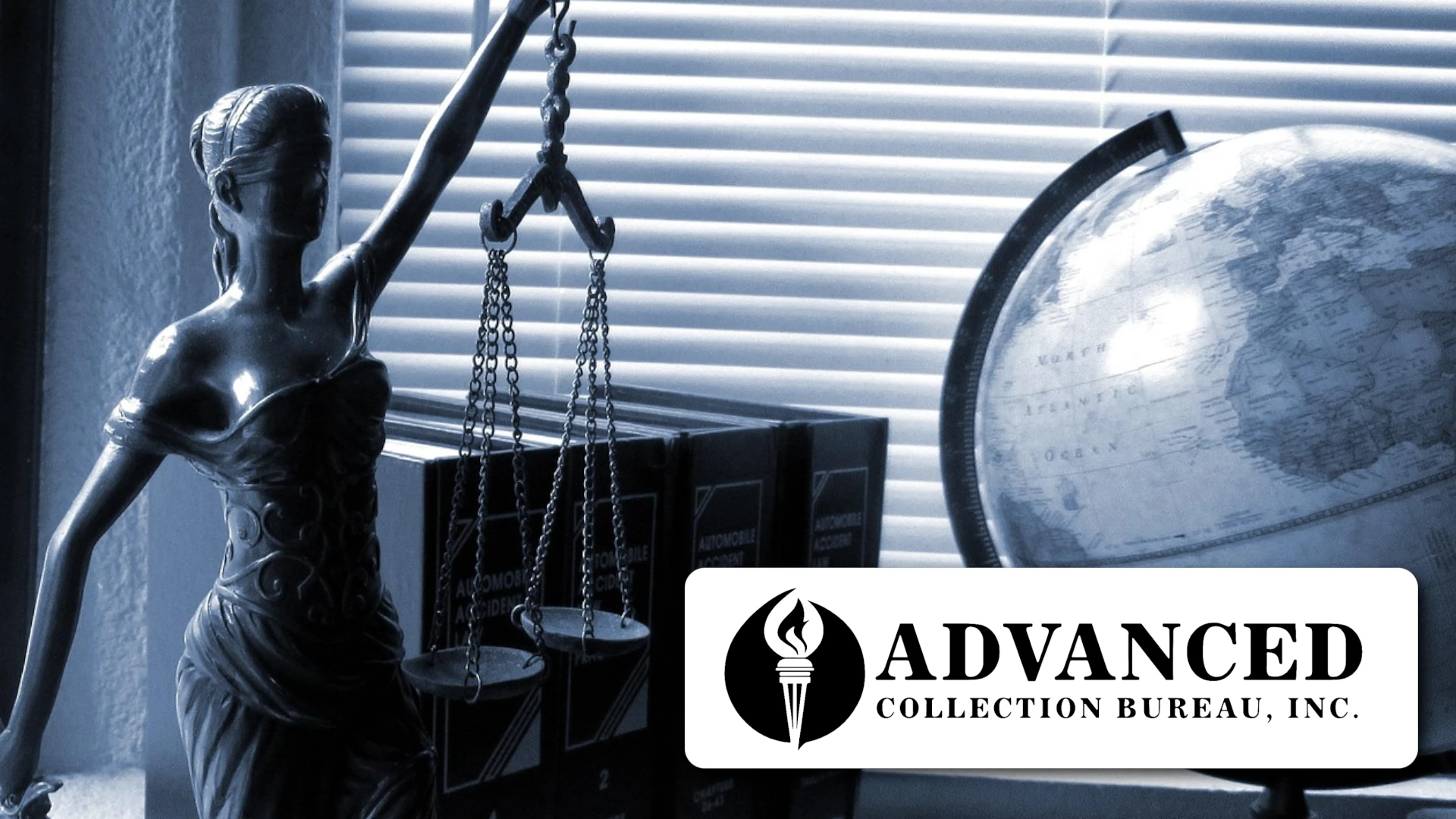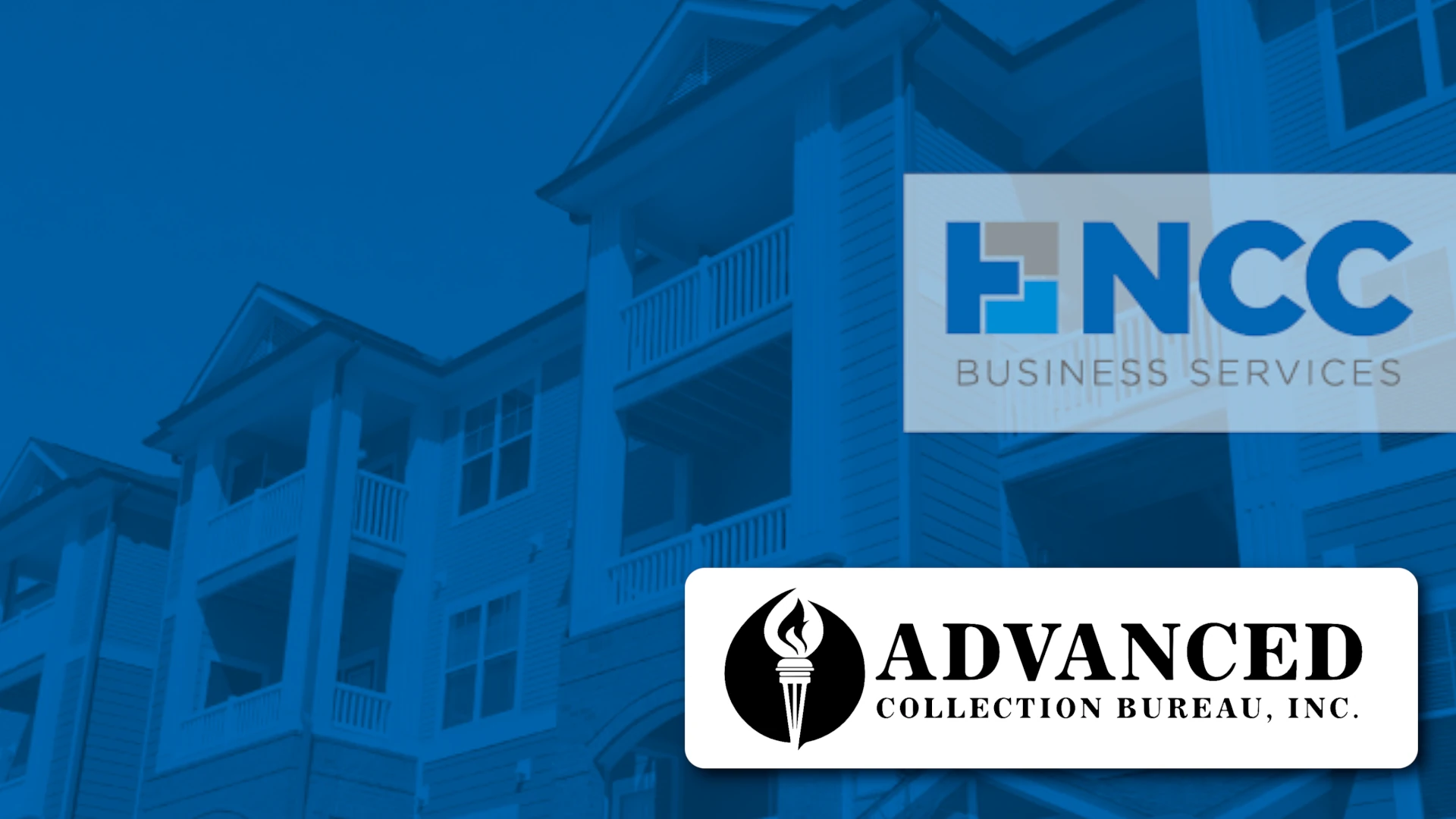Navigating the world of debt collection can feel like decoding a foreign language—especially when legal jargon enters the conversation. For landlords, property managers, healthcare providers, and business owners trying to recover unpaid debts, the Fair Debt Collection Practices Act (FDCPA) is a foundational law that shapes how, when, and what you can do during the collection process.
Let’s break down what the Fair Debt Collection Practices Act really means, why it exists, and how understanding its definition can help you stay compliant, avoid lawsuits, and ensure successful debt recovery.
What Is the Fair Debt Collection Practices Act?
The Fair Debt Collection Practices Act is a federal law enacted in 1977 to eliminate abusive, deceptive, and unfair debt collection practices. It establishes guidelines for how third-party debt collectors—like Advanced Collection Bureau—may interact with consumers. The FDCPA aims to protect individuals from harassment while still allowing creditors to pursue legitimate debt recovery.
When we refer to the Fair Debt Collection Practices Act definition, we're talking about the specific legal framework that governs these interactions. This includes rules on communication times, language, verification of debt, and what constitutes harassment.
Key Definitions Under the FDCPA
Understanding some core terms can help clarify the broader scope of the FDCPA:
Consumer: Any natural person obligated to pay a debt. The FDCPA applies only to personal, family, or household debts—not to business debts.
Debt Collector: Any person or agency whose primary business is collecting debts on behalf of others. This includes agencies like ACB, but not typically original creditors.
Debt: Any obligation arising from a transaction primarily for personal, family, or household purposes.
Communication: The conveying of information regarding a debt directly or indirectly to any person through any medium.
Each of these definitions plays a crucial role in determining whether an action is lawful or potentially in violation of the FDCPA.
Why the FDCPA Matters to Creditors and Collectors
Whether you’re a property manager trying to recover unpaid rent or a physician’s office dealing with medical billing issues, the FDCPA can shape how your collection partner interacts with your clients. Non-compliance can lead to lawsuits, penalties, and reputational damage.
That’s why working with an experienced and fully compliant agency like Advanced Collection Bureau is essential. We strictly adhere to FDCPA guidelines while maintaining professionalism and respect throughout the collection process.
Common Prohibited Practices Under the FDCPA
The FDCPA outlines numerous actions that are off-limits for debt collectors. These include:
- Calling before 8 a.m. or after 9 p.m. (unless the consumer agrees otherwise).
- Contacting a consumer at work if the employer disapproves.
- Using threats, obscene language, or repeated calls meant to harass.
- Falsely representing the amount owed or claiming legal action is imminent without intent.
- Disclosing the debt to third parties, like friends or family, without consent.
You can explore more about what collectors can and cannot do in our detailed blog: What Debt Collectors Can and Cannot Do.
How the FDCPA Protects Consumers—And Helps Creditors
At its core, the FDCPA balances consumer protections with the right of businesses to be paid for services rendered or contracts fulfilled. It fosters ethical, professional communication that can actually improve collection outcomes.
Debtors are more likely to respond when they’re treated respectfully and given clear, accurate information. That’s one reason why ACB’s approach, built on empathy and transparency, consistently outperforms more aggressive tactics.
For a deeper dive into this approach, check out: The Role of Empathy in Effective Debt Collection.
How ACB Ensures FDCPA Compliance
Advanced Collection Bureau follows a strict, compliant, and compassionate debt recovery process. We:
- Validate every debt and provide clear documentation upon request.
- Train all agents in FDCPA best practices.
- Use technology to track communication attempts and ensure proper contact timing.
- Maintain full transparency with both clients and consumers.
Our dedication to compliance doesn’t just protect consumers—it safeguards your business too.
Learn more about how our legal compliance boosts your ROI here: Compliance in Debt Collection: Staying on the Right Side of Florida Laws.
When Definitions Become Real-World Situations
Imagine you’re a landlord dealing with a tenant who skipped out on rent. You hire a debt collection agency to recover the balance. If that agency calls your tenant’s workplace or misrepresents the amount owed, you could face legal trouble along with the agency.
On the flip side, if the agency communicates respectfully, verifies the debt, and reports the delinquency accurately, your chances of recovery increase—and you stay on solid legal ground.
This is why understanding the FDCPA isn’t just for collectors. Creditors need to know the rules too.
Where to Learn More
ACB has published multiple resources to help both businesses and consumers understand the FDCPA in more detail. These include:
- A Breakdown of the Fair Debt Collection Practices Act
- Fair Debt Collection Practices Act PDF Download
- Fair Debt Collection Act: Your Rights Explained
These blogs offer additional context, examples, and legal references to help you better understand your rights and obligations under the law.
Conclusion: Know the Law, Recover More, and Stay Protected
The Fair Debt Collection Practices Act definition isn’t just legal terminology—it’s the framework that protects both consumers and businesses during debt recovery. By understanding and respecting these guidelines, creditors can collect more effectively while maintaining their reputations and legal standing.
At Advanced Collection Bureau, we take compliance seriously. We’ve spent over 25 years refining our approach to balance professionalism, empathy, and results. If you’re tired of unpaid accounts and want to recover debts the right way, we’re here to help.
Partner with a debt collection agency that values integrity, compliance, and real results. Work with ACB today.














